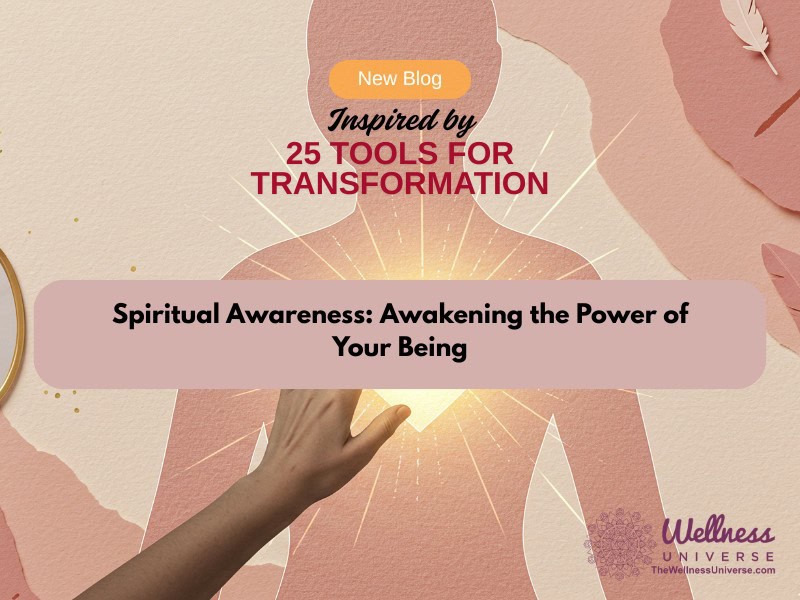Want to keep costs down with money-saving tips while creating your organic, chemical-free household?
You’re in the right place!
In this article, we’ll give you 16 ways to save money while buying the best organic and chemical-free products.
Create Your Non-Toxic Household with These 16 Money-Saving Tips:
Food
- Buy in bulk
Bulk food found in bulk bins, huge jars, or case quantities. They are a great and easy way to save money.
If you have a small family or it’s just you, split the food with a friend. Or make extra food and give it to a family in need in your community, a tradition that was common in the 1880s.
- Cook at home
It’s less expensive to cook at home. You can make protein bars for about half the cost of the processed bars sold in stores. Plus, you can make food that is fully organic rather than having only a few ingredients organic.
Dishwashing
- Wash dishes by hand
Dishwashers, during the wash and dry cycle, off-gas VOCs from the plastic and foam parts that the dishwasher is made of. While all plastic off-gasses, the rate of off-gassing increases when plastic is exposed to heat and moisture, the exact conditions that a dishwasher creates. Plus, the cost of buying a dishwasher can be expensive. Save money by not buying a dishwasher and by using non-toxic soap.
- Use non-toxic dish soap that’s less expensive
When handwashing dishes, choose a non-toxic soap that is also low-cost. Conventional soaps that are rated “D” and “F” (not good) by the Environmental Working Group (EWG) are sometimes more expensive than the healthier “A” rated soaps. Choose a non-toxic soap that is less expensive than conventional soap.
Laundry
- Non-toxic laundry soap, quantity discount
Buying larger bottles of “A” or “B” EWG rated laundry soap can save you 25-30%. Worth-while!
- Use Less soap
As a society, we over-soap our laundry. How do you know if you’re over-soaping? During the final rinse cycle, take a look inside your washing machine. Do you see soap suds? That’s a sign that you may be using too much laundry soap. This creates two problems, wasted money and non-removal of soap and the dirt that the soap has ‘grabbed’ in the cleaning process. No need to wash money down the drain. Just use less.
- Use non-toxic soap boosters
Soap-boosting products, such as washing soda, are less expensive than most laundry soaps. Their job is to make your laundry soap work even better. Therefore, you can use less non-toxic laundry detergent, saving you additional dollars.
- Vinegar as a laundry rinse
Instead of using toxic fabric softeners or dryer sheets, use distilled vinegar as a laundry rinse. The benefits? It’s non-toxic, kills bacteria and smells, softens water allowing for a better washing of your clothes, and is so much cheaper. It also eliminates wax build-up that occurs when using dryer sheets.
Clothes
- Take advantage of holiday sales
During the holidays, such as Memorial Day, Labor Day, Thanksgiving, and Christmas, companies will offer discounts on clothing. Plan your budget so you can buy clothes during these times in order to take advantage of the sales.
- Shop at less expensive companies
Just like with conventional clothing, there are companies that carry expensive organic clothing and companies that carry less expensive clothing. Look for the latter.
- Buy fewer pieces of clothing
In the U.S., the average household spent $1,700 per year on apparel, footwear, and related products and services, according to a 2010 survey by the U.S. Bureau of Labor Statistics. That equates to over 25 new adult outfits per year. That’s a lot. Instead, buy fewer outfits but ones that are GOTS Organic certified.
- Choose non-vinyl designs
If you can’t find GOTS Organic certified clothes that are your style, take one significant step towards non-toxic by choosing clothes that have a non-vinyl design. Instead, choose shirts with designs made by dyeing, screen printing, or embroidering.
Bedding
- Purchase bedding from large, national retailers
It’s becoming more common to find GOTS Organic certified and Standard 100 OEKO-TEX bedding, such as sheets and blankets, at main-stream nationally-known stores. While I’m a huge fan of mom-and-pop shops, if you’re on a tight budget, it may be worth your while to temporarily buy cheaper organic bedding from large national stores and then buy from local stores when you’re able to.
Cleaning Tools
- Use worn-out organic cotton or cotton clothes as weekly cleaning rags
Instead of buying new cleaning rags, use your old clothes. It’s a great way to save money while cleaning with healthier materials that have been laundered in your non-toxic soap.
Fragrance-Free
- Go fragrance-free
While fragrance-free doesn’t mean chemical-free, it does mean that there may be fewer chemicals in the product. Since manufacturers are not required by law to list or disclose product ingredients, we don’t actually know if a fragrance-free product has harmful chemicals or not. Plus, fragrance chemicals are just one of many types of chemicals used in conventional products. Still, buying fragrance-free is a good strategic action step.
Non-Toxic Cookware
- Subscribe to websites
Just like conventional stores, healthier stores give you discounts for being a loyal reader or newsletter subscriber. Sign up to receive emails from your favorite stores in order to get discounts and special promotional offers. You can also join an email list if you’re simply interested in trying a new non-toxic product. For example, if you want to try cooking with 100% ceramic cookware, get on the manufacturer’s email list so that you’re notified of special discounts and sales throughout the year.
Conclusion
There are many ways to save money while buying the best non-toxic products for you and your family. Want to learn more ways to create your best organic, chemical-free household and save money doing it? Sign up for our online classes.
– Angela

Find great products and services for your well-being from members of The Wellness Universe!
Angela Cummings is a writer, organic lifestyle coach, and presenter with a passion for helping people live their best organic chemical-free lifestyle. Since 2014, Angela has been a professional freelance writer and consultant for individuals and companies internationally.



